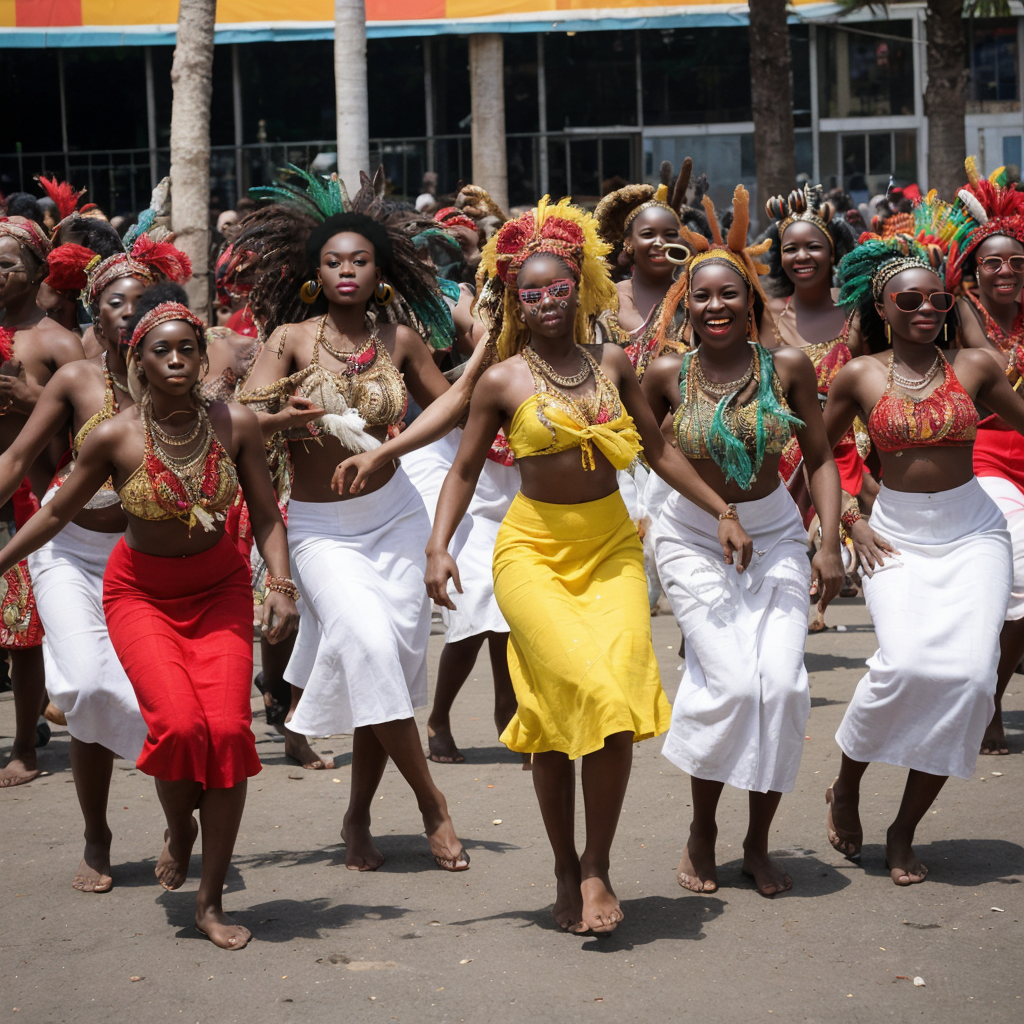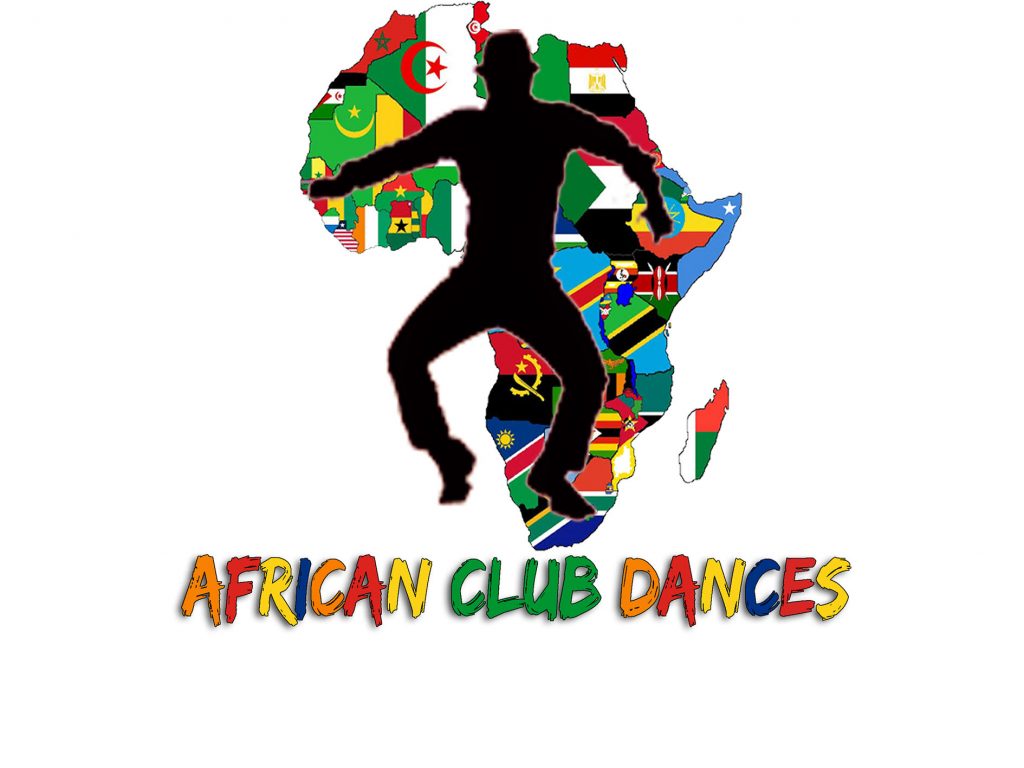Semba History
Semba is a traditional type of music and dance that originates from Angola. Its roots can be traced back to the early 20th century, although elements of its rhythm and movements likely have a much deeper history, intertwining with both indigenous African music traditions and the cultural exchange resulting from Portuguese colonialism. Semba is characterized by a vibrant and upbeat tempo, making it a lively form of expression and celebration. It is often considered the predecessor to a variety of other music and dance forms popular in the Portuguese-speaking African countries, most notably Kizomba and, to some extent, Brazilian Samba, although the connections between these genres are complex and nuanced.
Fun Fact: The word “Semba” comes from the singular Masemba, meaning “a touch of the bellies,” a move that is one of the most characteristic of the dance. This move reflects the intimate yet playful nature of Semba, where dancers often perform quick, syncopated movements while maintaining close contact.
Semba’s golden age can be pinpointed to the 1950s and 1960s, during which it became an important cultural marker for Angolan identity and resistance against colonial rule. This period saw the emergence of many Semba musicians who used their art to express political dissent and national pride. Unlike many other African countries where traditional music might have been overshadowed by imported genres, Angola maintained a strong connection to Semba, integrating it into the fabric of societal resistance and, later, into celebrations of independence.

In contemporary times, Semba has continued to evolve, influencing and being influenced by various musical and cultural trends both within and outside Angola. It remains a vital part of Angolan culture, celebrated in festivals, social gatherings, and dance competitions. The genre has also gained international recognition, with dance classes and workshops spreading its techniques worldwide. This global diffusion has not only introduced Semba to a broader audience but has also created a dialogue between Angolan artists and global music and dance communities, fostering an exchange of cultural practices and innovations.
Trivia: Did you know that Semba music often incorporates instruments like the dikanza (a scraper), the ngoma (a drum), and the guitar, blending traditional African rhythms with Portuguese melodies? This fusion creates a unique sound that is both deeply African and distinctly Angolan.
